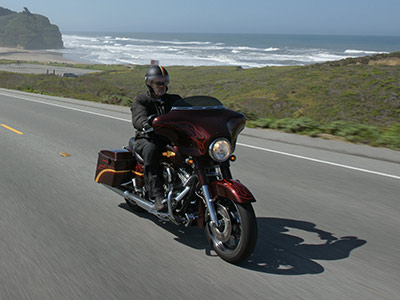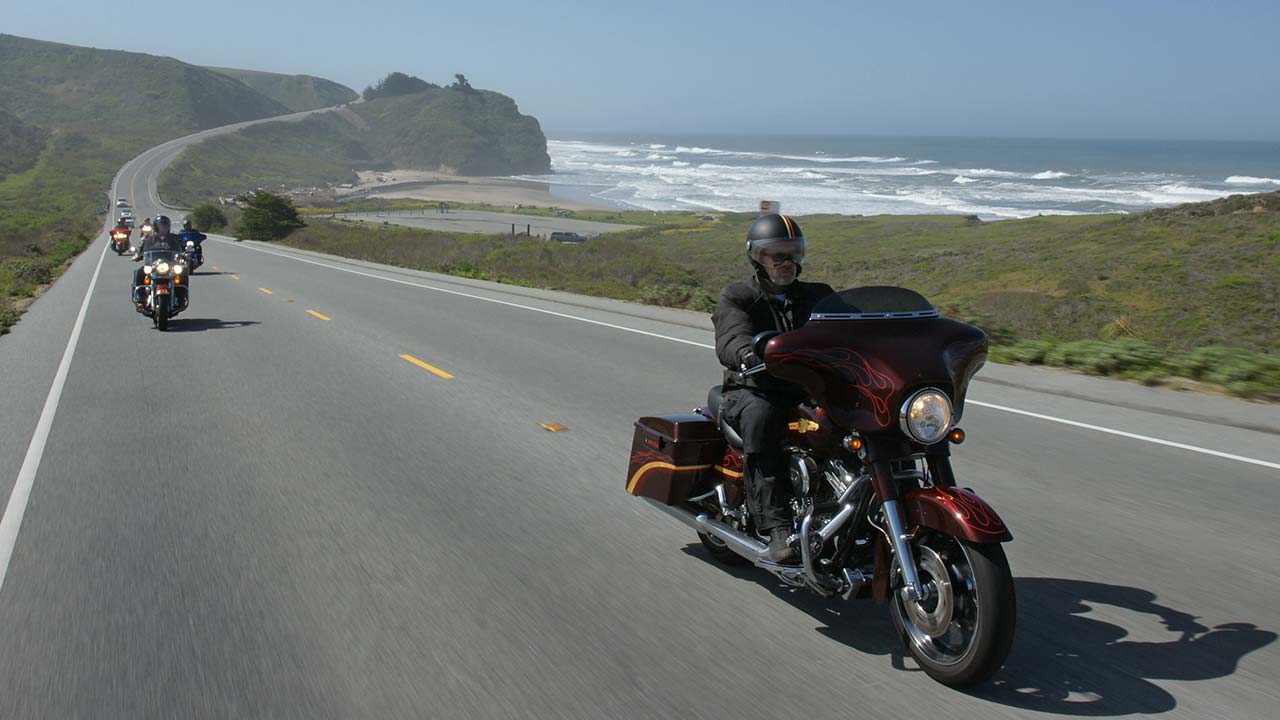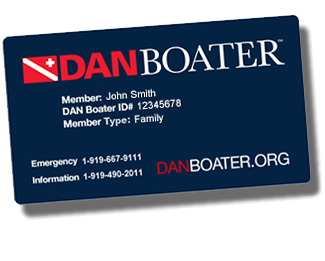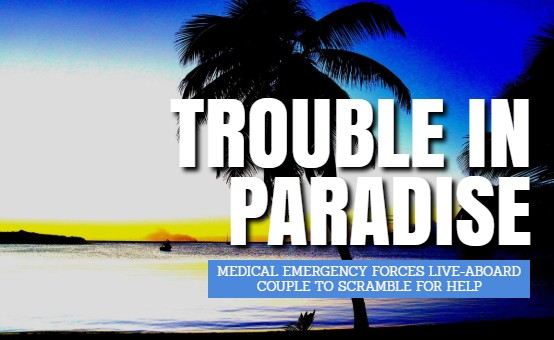

On July 4, 2012, my wife, Laurie, and I were touring Nova Scotia on motorcycles with my sister, Judy, and brother-in-law, Brad. We had just started our first ride on the Cabot Trail when I hit a patch of antifreeze on the road and lost control of my bike while traveling 50 miles per hour. We entered a ditch and hit a stone retaining wall. Laurie was thrown 30 feet into the road, breaking her pelvis, while I landed with the bike and also broke my pelvis as well as my left arm and three ribs. Additionally, I suffered a punctured lung, intestinal and bladder perforations and a severe concussion.
.jpg)
At the roadside I apparently kept trying to get to Laurie — I was convinced she didn't survive the crash, and I needed to see her to believe she was alive. If not for my sister keeping me under control, I would have done much more damage to myself by trying to get up and walk. I personally don't remember anything about that day.
I was helicoptered to the Queen Elizabeth II Health Sciences Centre in Halifax, Nova Scotia, where I underwent several hours of emergency surgery. Laurie was first transported by ground ambulance to Chéticamp, Nova Scotia. After deciding her injuries were more severe than they could handle, they sent her by air ambulance to the QEII in Halifax as well. Judy and Brad went back to our hotel to gather our belongings and check us all out. They then made the four-hour ride to Halifax to be with us.
As a result of my concussion I was semicomatose for nine days. I remember every minute, just very differently than everyone else. When the doctors finally figured out the combination of meds required to awaken me I somehow knew what had happened but couldn't remember any details. The first fully aware memory I have is of Laurie in a wheelchair visiting me in the intensive care unit (ICU), assuring me she was alive. Obviously this meant a lot to me.
From the ICU, I went to a recovery ward for several days. Judy called to see how I was doing and tell me how glad everyone was that I had finally woken up. She and Brad had stayed with us as long as they could and went home only when they had to, just two days before I came around. Laurie's family had come to Nova Scotia and returned home before I awoke.
Next I was transferred to a general surgical ward, where I was in a room next to Laurie. Eventually a hospital social worker told me that my motorcycle insurance and my health insurance were fighting over who should pay the costs to transport us from the hospital in Nova Scotia to a rehab facility in Salem, N.H. Multiple people spent hours on the phone trying to solve the disagreement. We were facing many weeks in Canada — 18 hours by road from our families — while we healed with no transportation home.
When I heard the commotion about transportation, I told everyone to stop. "I've got this," I said. I told the staff to get my wallet and find the white card that said "DAN" in big red letters. I advised the social worker to call the number on the card and explain what's going on; I assured her that everything would be taken care of. About 20 minutes later the social worker came back into my room and asked me, "Where did you get that insurance? They said they'd arrange everything and call us back with a time and date to be ready." I explained what DAN was and that I was confident they would step up when called upon.

Medical Repatriation for Emergencies Abroad
Join thousands of members who rely on DAN Boater 24/7 for assistance getting home for higher levels of primary and ongoing medical care.
The hospital wouldn't release us until an orthopedic surgeon near our home would agree take us on as patients when we returned. This took a few days, which turned out to be quite fortunate because in the interim I had a blood clot break loose and lodge in my arm, cutting off all blood flow. Five hours and another surgery later, the blood clot was removed and my arm was saved. Had I been in the air or at a rehab facility, there is no telling if I could have been diagnosed and operated on in time to save my arm.
A few days later the transfer DAN arranged took place: Ambulances took us to an airport in Halifax, where we boarded a customized Gulfstream II jet and flew to Manchester-Boston Regional Airport in New Hampshire. A customs agent met us on the tarmac and cleared us into the U.S., and then we were moved into ambulances and driven to Northeast Rehabilitation Hospital in Salem N.H. I had to sign one piece of paper, and DAN picked up the cost of transportation, which was roughly $23,000 — a very expensive plane ride.
In the spring of 2013 Laurie and I attended the Boston Sea Rovers scuba show so we could talk to DAN representatives there and thank them personally. They were familiar with our case and were glad to see us up and walking. It was very nice to be able to personally shake the hands of the people who provided such great service.
After almost $500,000 in total expenses, negotiations with three insurance companies, three hospital stays and endless rehab, I'm happy to say we are recovered. Laurie still has back problems, but she's working through them. My punctured lung has healed, and I am back in the water with my surgeon's blessing. The easiest part of the entire ordeal was when DAN took care of things for us; the DAN staff were professional, caring and helpful through it all. I implore every diver I meet to join DAN — DAN was certainly there for us.
This article originally appeared in the Summer 2016 issue of Alert Diver.
MORE FROM
SAFE PASSAGE

MEMBER STORIES | Nov 16, 2018
Trouble in Paradise: Medical Emergency Forces Liveaboard Couple to Scramble for Help

MEMBER STORIES | Aug 11, 2016
Emergency MedEvac From Guatemala Has A Happy Ending